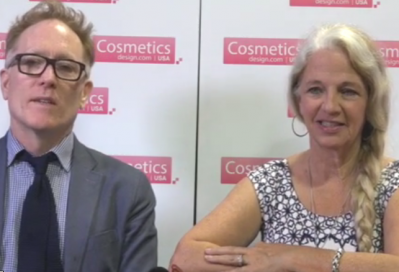RSPO welcomes Greenpeace deforestation report stating ‘much more needs to be done’

Although the cosmetics industry is by no means the biggest culprit when it comes to use, palm oil, palm kernel oil and its derivatives are used in 70% of personal care products, and the RSPO says that transforming the palm oil industry and minimising tropical deforestation is mission critical to the RSPO, from all sectors.
“It is urgent work and a challenging and complicated process. Much more needs to be done by all players, and this should apply across the board and not just to a selection of large companies,” it says.
The RSPO system is built on third party auditing by accredited Certification Bodies, who are themselves audited and monitored by a third party, Accreditation Services International.
The organisation also introduced its RSPO NEXT certification on February 9, 2016, and says it will also be implemented in this way.
Greenpeace report
The announcement comes after Greenpeace released its own report last week which looked closely at the palm oil sourcing by 14 prominent FMCG companies and how those practices are impacting day to day life in Indonesia.
The NGO calls for companies to use third party verification to implement their 'no deforestation policy' against a sustainability standard and specifically the Palm Oil Innovation Group (POIG), which aims to support the RSPO through building on its standards and commitments.
Greenpeace states that "companies cannot break the link between deforestation and commodity production without going beyond their own supply chains and pushing for sectoral reform”; a recommendation the RSPO says it fully agrees with.
However, Greenpeace also claims that some manufacturers are still relying on "false solutions such as Green Palm certificates”, a claim which is refuted by RSPO.
It says that Green Palm certificates are based on the RSPO Book & Claim supply chain model and can only be issued by mills certified to RSPO Principles & Criteria. The process of certification is the same as for RSPO Segregated and Identity Preserved palm oil, which are the two options recommended by Greenpeace as "an interim step”.
While the RSPO promotes the physical supply of Certified Sustainable Palm Oil (CSPO), particularly for mature markets, it says the Book & Claim model of GreenPalm certificates remains an important option for many growers, including smallholders, who can't access the market for physically traded CSPO.
















